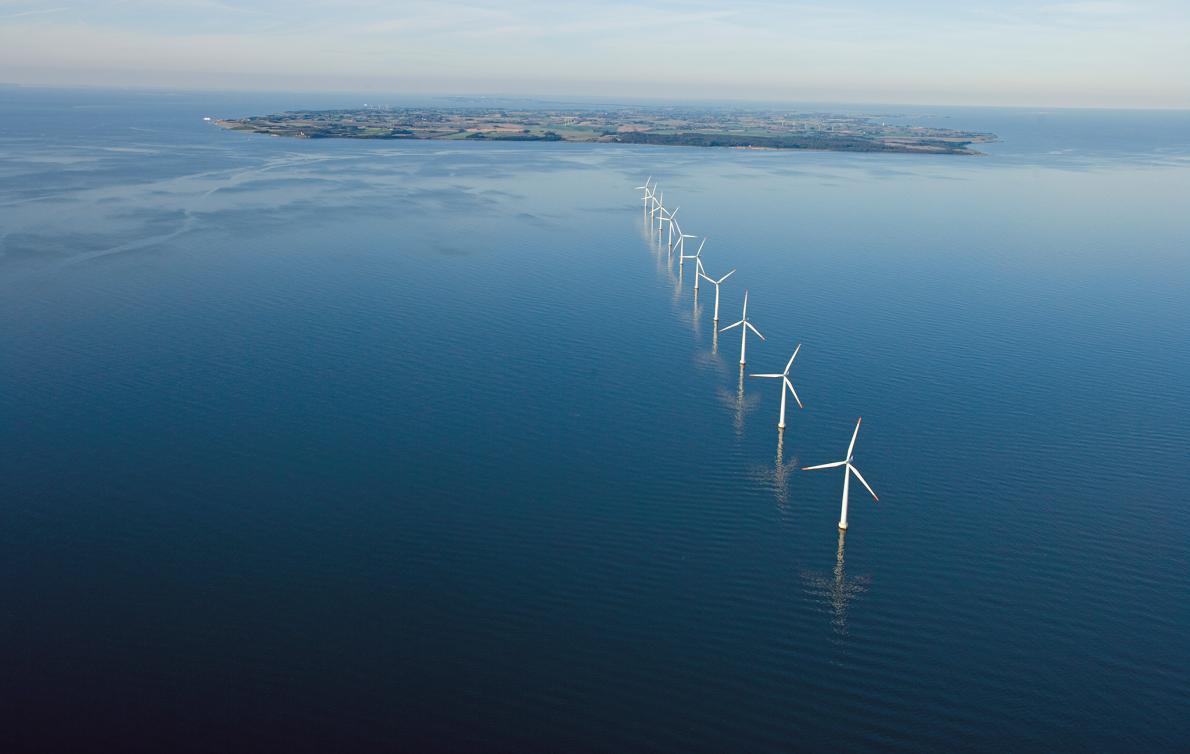
Wind turbines provide energy for the residents of Samso Island, a Danish island that gets all its power from renewable sources. PHOTOGRAPH BY ANDREW HENDERSON, NATIONAL GEOGRAPHIC CREATIVE
Low oil prices are rattling stock markets, but investors remain bullish on solar, wind, and other clean energy. Here are three reasons why.
nationalgeographic.com - by Wendy Koch - January 22, 2016
The prolonged plunge in fossil fuel prices is rippling across the globe. Yet it’s barely put a dent in the booming market for clean energy, heralding perhaps a new era for wind and solar.
Oil prices of less than $30 a barrel—the lowest in 12 years—have shaken stock markets and ravaged the budgets of major producers such as Russia and Saudi Arabia. Along with falling gas prices, they’ve slashed the profits of fossil fuel companies, which are delaying dozens of billion-dollar projects and laying off thousands of workers. . . .
. . . But solar, wind, and other clean energy? They’re expanding.
(READ COMPLETE ARTICLE)
Recent Comments